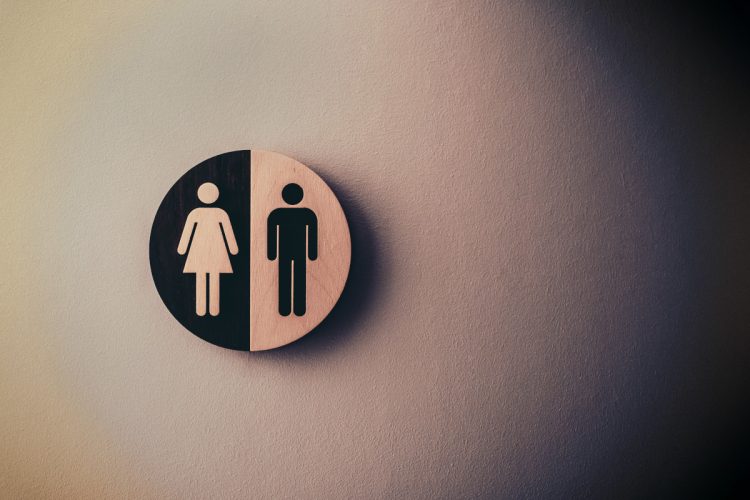As part of the lecture cycle “New Views, Perspectives and Research on Gender Theory” organized by the Study Research Group for Gender Equality and Public Policy of the Institute of Social Sciences (ISS) in Belgrade, Dr Dijana Vukomanović, Research Associate of the ISS, held an online lecture on the process of feminisation of politics in Serbia, presenting an analysis of the gender sensitivity of the Serbian parliament, on 23 June 2021.
Dr Vukomanovic focused her analysis of the gender sensitivity of the Serbian Parliament on testing the hypothesis of whether the introduction and increase of election quotas for less represented gender – women, contributed to the increased level of representation of women in the legislative body, as well as the increased and diverse level of engagement of women MPs in the work of parliamentary committees, in which their political, educational and professional capacities are most adequately reflected. Through detailed analysis of the gender structure of membership of all 20 parliamentary committees in the four legislatures of the Serbian Parliament, from IX to the current XII, from 2012-2014-2016-2020, the hypothesis was also tested whether the introduction of 40% election quotas just before the June 2020 parliamentary elections resulted in a gender-balanced participation, that the European Institute for Gender Equality (EIGE) defines as “representation of either women or men in a decision-making body in public and political life that does not fall below 40% as a parity threshold”. The fact that in the present XII legislature of the Serbian Parliament, after the June 2020 elections, the parliamentary mandate is won by 99 women MPs (39.6% of the total number of 250 MPs) says that the introduction and gradual increase of election quotas has led to the accelerated feminisation of the Serbian Parliament and that the expected result is in empowering female MPs to engage in a larger and more diverse range of activities within the Serbian Parliament.
For the purpose of analyzing the structure of parliamentary committee membership, Dr Vukomanovic used the so-called BEIS classification of parliamentary committees implemented by the European Institute for Gender Equality, for the needs of the EIGE`s Database on Women and Men in the Decision-Making Process, in which committees are classified into four clusters: basic, economic, infrastructure and socio-cultural. Detailed analysis of the structure of membership of 20 parliamentary committees of each individual legislature of the Serbian Parliament, and the cummulative data of all four legislatures – from IX to XII, during period of 2012-2020, showed the following tendencies: women MPs with their membership and engagement achieved dominance in the socio-cultural cluster of committees (culture, social issues, employment, health, family). Even more indicative data of Dr Vukomanovic’s analysis is that women MPs have successfully achieved infiltration into the membership of three very important committees that are classified as basic departments: foreign and Euro-integration affairs, as well as in the department of justice, where the representation of women MPs is above or in accordance with the level of their representation resulted from election quotas. Women MPs have also succeeded in achieving a growing degree of engagement in the economic sector – particularly in the area of trade, while within the infrastructure departments women MPs are equally engaged together with their male colleagues in the field of ecology – the environment. However, the two committees still remain inaccessible for adequate engagement of women MPs – they are the interior affairs and defence committee, as well as the committee for control of the security services. Even when individual women MPs serve as chairs of these two committees, the degree of membership of women MPs remains insufficient, or is ultimately reduced to “zero participation”, since these realms are still traditionally seen as the domain of masculine engagement of men in politics. The final conclusion of Dr Vukomanovic ‘s analysis is that the introduction and gradual increase of election quotas for less represented gender – women has led to an increased degree of entry of a growing number of women – members of the Serbian Parliament, their increased visibility in Serbian public, and a greater degree of their empowerment to apply their educational and professional capacities in parliamentary work and conducting of their parliamentary and political offices.

